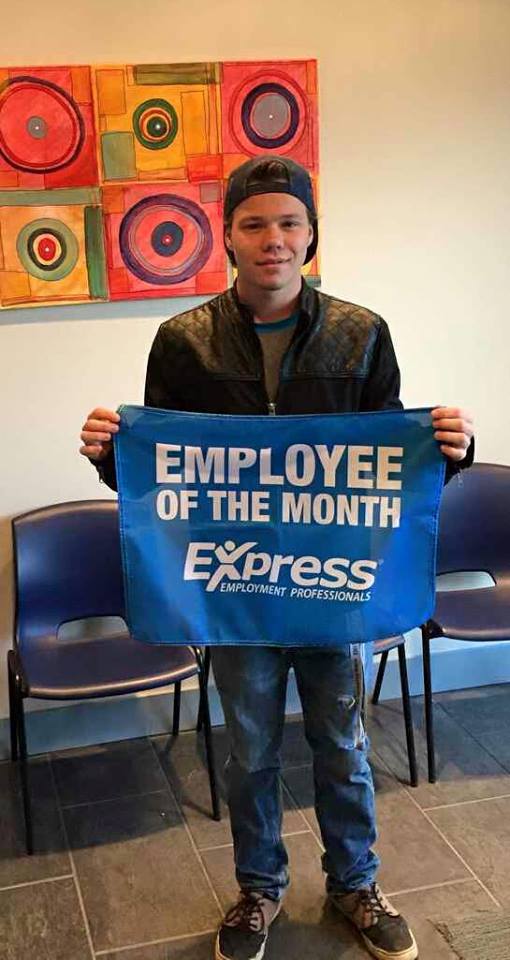Movin’ On Up takes pride in recognizing outstanding Express Employment Professionals associates who’ve been acknowledged by one of our Express offices. Every associate we put to work has a story to tell, and we want to celebrate the accomplishments of the individuals who come to work for us.
This month’s associate spotlight recognizes an associate who is a shining example for Express – Dennis Oiumette from the Kelowna, BC Express office.
According to Melissa from the Kelowna office, “Dennis has been nothing short of a rock star on every assignment we have sent him on. He is our top requested associate, and we have received great feedback from every client he has worked for.”
Express is proud to have Dennis as an associate, and we appreciate his amazing dedication and hard work!
If you’re an Express associate or know an associate who would be a great candidate for our associate spotlight, let your Express office know. And, if you work with an Express associate you’d like to feature on Movin’ On Up, let us know in the comments section below.





